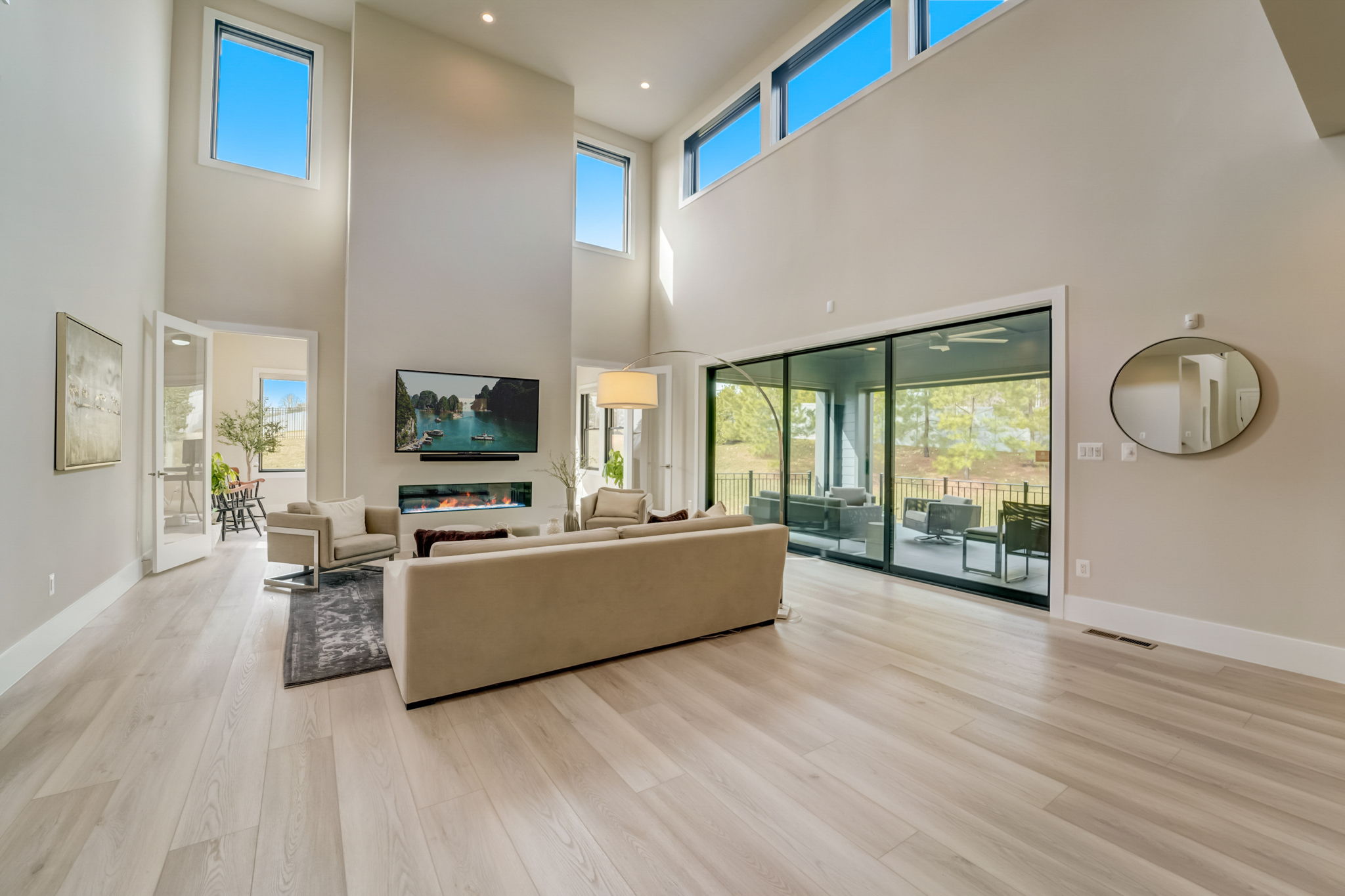The most common question I encounter when talking to home buyers considering new construction homes is, "Are they a good builder?" or "Who is the best builder?"—specifically referring to production builders. It's a valid question, one I'm keen to answer. I'll address this query at the end of this article.
My intention isn't to deter clients from pursuing new builds but rather to shift the focus of the inquiry: How can I ensure I receive the best possible house? What motivates builders, and how can we use this to our advantage to secure a quality home?
Over the last 19 years, I've worked with dozens of builders on hundreds of homes, which has given me considerable insight into their operations, quality of craftsmanship, and certainly a set of personal preferences regarding production builders. However, when it comes to the question of who is the best builder or whether they are good builders, my response remains consistent: in large measure, they are all the same. It's prudent to start with the assumption that the best-case scenario for a production builder is that they are slightly above average. This immediately sets realistic expectations and helps clients understand that despite marketing efforts, reputation, past experiences, or anything else a builder might claim, building a home is complex and no two situations are identical. Even within the same community and model, each plot of land differs. Past performance is not always indicative of future results, a principle that is particularly true in the building industry. Of course context, price points, and neighborhoods matter.
The average new home community developed by some of the larger production builders encompasses 342 homes, usually constructed over several years. Some neighborhoods contain over a thousand homes. The on-site team—including construction managers, subcontractors, and county inspectors—often experiences high turnover, which can significantly influences the overall quality of construction and craftsmanship. Consider, if you were a subcontractor or project manager, the temptation to save a few hundred dollars per house by skimping on insulation in the attic or overlooking a cosmetic flaw could translate into substantial profits for the builder.
Many production builders, including those that are publicly traded, are driven to build efficiently and maximize profits. This isn't inherently negative; it's simply a reality. They are not motivated to excel on a large scale. They might not appreciate this assertion, but it's an honest assessment.
This approach does not negate the importance of due diligence and research into builders and neighborhoods, topics for another discussion and video.
As an agent, my approach has evolved significantly over the years. I'm not the type to marvel at a model home or builder. I'm disinterested in the purported benefits of new construction or any sales strategies employed to persuade clients. The moment I start giving builders the benefit of the doubt, or assume that because my last client was satisfied, this one will be too, I'm setting myself up for failure. It's difficult for me to unequivocally endorse a builder because my allegiance is not to them. While not necessarily their adversary, my perspective and mindset entering into a new build situation prevent me from becoming too comfortable with builders. This vigilance is crucial; too many agents develop cozy relationships with builders, compromising their ability to advocate effectively for their clients.
So, how do you secure a quality home? First, avoid the all-too-common mistake of signing a contract with a builder, giving them the benefit of the doubt, attending a few mandatory walkthroughs, and then expecting a flawless new home at closing. This naive trust is misguided; county inspectors do not catch everything, and even a hired inspector might lack the practical experience of building a home, focusing instead on resale homes—a perspective I gained early in my career. This approach typically results in an average home and potentially endless warranty claims. There's a better strategy.
Recall the earlier point about leveraging the builder's incentives to ensure a quality home. Embrace the adage that the squeaky wheel gets the grease. Be proactive and inquisitive, starting from the premise that the builder's default offer is mediocrity. Challenge every deviation from promises made, scrutinize each imperfection, and aim to develop a rapport with the construction manager, making it clear that any shortcomings will necessitate their time and resources—something they'd rather avoid.
Visit the homesite as frequently as possible, ideally daily. Insist on multiple pre-drywall inspections by an inspector with the expertise and experience to build a house—a critical distinction. Document everything, record crucial conversations, take progress photos, and scrutinize every document you sign. Most importantly, ensure you understand the procedures for escalating issues. Know who is in charge and how to reach them.
In conclusion, while most builders are capable of delivering a decent home, achieving a truly great one requires vigilance, active engagement, and a willingness to challenge the status quo. By adopting this approach, you can significantly increase your chances of getting not just a good home, but a great one.

Khalil El-Ghoul
Khalil El-Ghoul is a seasoned real estate broker actively helping sellers and buyers throughout Northern Virginia, DC, and Maryland. Known for his no-nonsense approach, Khalil combines expert market insight with honest, objective advice to help buyers and sellers navigate every type of market—from calm to chaotic. If you’re looking for clarity, strategy, and a trusted partner in real estate, he’s the one to call. 571-235-4821, khalil@glasshousere.com






.png)